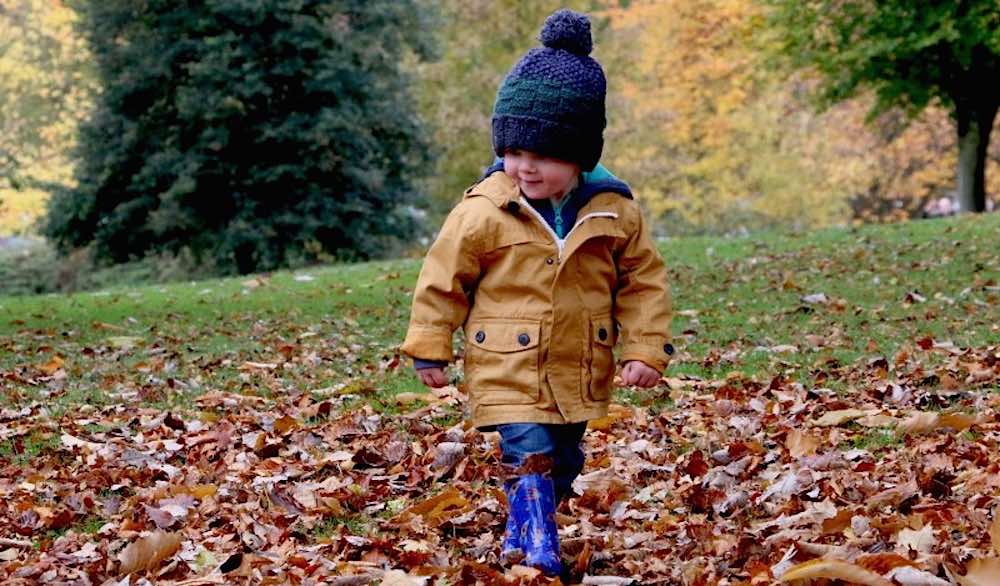Mindfulness is the ability to pay attention to your current experience—both the internal and external—without judgment. Practicing mindfulness allows us to make wiser choices and pursue healthier and more beneficial avenues in life. Had I learned them earlier in life, I would have taught my kids the valuable life lessons that I’ve gleaned from over fifteen years of mindfulness study and practice. Here are 10 of those lessons, based on my new book, “Forty Things I Wish I’d Told My Kids”:
1. Don’t Be Ruled by the Tyranny of Events
Most of us allow our happiness to be ruled or dictated by the events that happen to us. When the stock market goes down, we do poorly on a test, or our taxes increase, we feel sad, sometimes for days afterwards – but it does not have to be that way. Our experience of life—and our happiness—results from events and from our response to those events. Our response can dramatically impact our mind state and our happiness regardless of the way life breaks for us.
2. 90% of Your Worries Are Wrong
Most of what we worry about never comes to pass—probably well over 90%. But we let our internal lives—and our happiness—be dictated by the anxiety that is created by imaginary events that will never come to pass (or if they do, they will not be anywhere near as bad for us as we imagine). This is unnecessary if we can be mindful and change our thought patterns.
RELATED: How Mindfulness Shattered My Pain Perception
3. Caring, Planning, and Worrying Are Three Different Things
Our culture believes that to care about someone, or to plan for the future, we have to worry. We have to think obsessively about the someone or something, even if it is beyond the point where thinking is productive.
But in fact, the opposite is true; we should care for our loved ones and should plan for the future, but obsessive thinking –which is well past the point of constructive caring or meaningful planning– saps our energy, wastes are time, and is actually counter-productive to true caring and meaningful planning.
4. Easy Isn’t What It’s Cracked Up to Be
We live in a comfort driven culture, where the goal is to live a life of ease in order to escape from the difficulties of life. In reality, such a life leads to suffering, not happiness, as we can never truly succeed in that kind of misguided plan. Rather, it is more fulfilling to lead a life marked by meaningful, challenging goals and a mindful effort to achieve them. Life begins at the edge of your comfort zone.
5. “You Make Me Mad” Is a Fantasy
We hear this all the time as if someone else is always to blame for our anger. In reality, our anger is our chosen reaction to events. so our reaction need not default to anger when things do not happen to our liking. In fact, anger very rarely is a wise response to undesirable events: it almost always leads to more unfortunate occurrences.
MORE: Don’t Wait For Your Best Friend to Pass: Learn From Henry and Shift to a Life That Fulfills You
6. Determination and Discipline Lead to Freedom
Many of us think of freedom as the ability to do what we want, unrestrained by external limitations – but is this really freedom? More likely, true freedom is liberation from our harmful habits, our unhealthy thought patterns, and our incessant inner critics. Choosing healthy behaviors fueled by a determination and discipline in building them into new habits is the path to true freedom.
7. Speaking Is Like Pouring Concrete
Concrete is easy to pour, but then very difficult to retract and reshape after it is poured. In the same way, our words are easy to shape and control before they are spoken; but after they are released, their impact is often impossible to retract. Mindfulness allows us to choose our words carefully before we create situations that are challenging to repair.
8. Use Your Mistakes to Your Advantage
In the United States, we are very fearful of making mistakes, which prevents us from pursuing new, ambitious aspirations. It is the wrong approach to life. We should view mistakes as inevitable parts of a learning process and embrace them as part of any worthy endeavor.
CHECK OUT: How to Feel Healthy and Less Lonely by Spending Time Alone
9. Anchor Your Life to What You Value
Our happiness is often measured by whether we succeed in achieving external goals. And while we should put forth our best effort to reach the goals we set for ourselves, we will be happier if we anchor our goals to truly important values—like honesty, integrity, compassion, aspiring to do our best, and inspiring others to do their best. Doing this will allow us to be happy regardless of whether or not we have achieved each and every external goal we set for ourselves.
10. Your Happiness Is in Your Hands
Your mind state is not determined by external events. You cannot run from them—in fact, if you do you will suffer more. But facing reality does not mean your happiness is dictated by the events that happen to you. The mind state that you bring to life’s challenges will determine your happiness far more than the nature of life’s events.
John Allcock is the co-founder and director of mindfulness at Sea Change Preparatory, a trailblazing academy that regularly integrates the practice of mindfulness into its curriculum. His new book, “Forty Things I Wish I’d Told My Kids”, shows adults and children alike how to use mindfulness to become more compassionate, resilient, and confident.
Pass On The Helpful Hints To Your Friends: Click To Share (Photo by Trocaire, CC)





















11. Learn to meditate 🙂